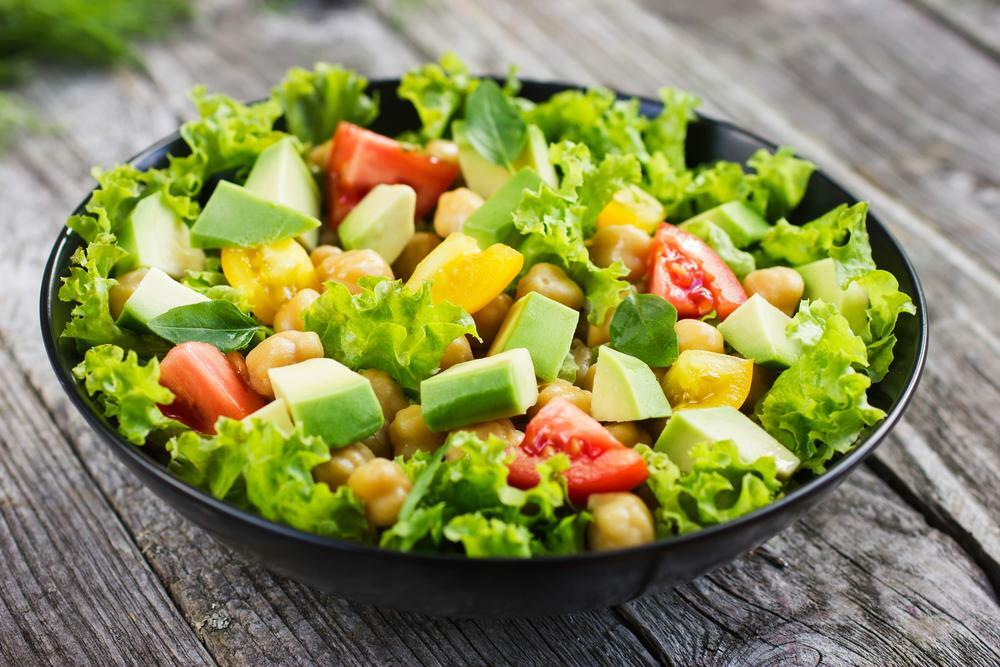
Smart Snacking Tips to Prevent Lung Cancer
Lung cancer, also referred to as lung carcinoma, is characterized by abnormal cell growth in the lung tissue. The two main types of lung cancer are small cell lung cancer and non small cell lung cancer. Lung cancer may not present symptoms in the early stages. Onset of symptoms usually come when lung cancer is more advanced. Common symptoms of lung cancer include new and frequent cough, shortness of breath, coughing up blood, chest pain, headache, unexplained weight loss, and fatigue.
While lung cancer is typically linked to smoking, as many as 20% of people who die from lung cancer never smoked in their lives. Consumption of certain foods is linked to lower lung cancer rates. By developing smart snacking habits, it may boost the immune system and provide nutrition that is linked to lung cancer prevention:
1. An apple a day
Scientists from the University of Perugia in Italy found that lung tumor rates among apple lovers were about 25 per cent lower. Apples are rich in phytochemicals and flavonoids that are linked to reduced risk of cancer and heart disease.
2. Snack on raw veggies
A study conducted in Japan showed that fruit and raw vegetables may play an important role in protecting smokers from lung cancer. In a review of scientific literature on the relationship between vegetable and fruit consumption and risk of cancer, results from 206 human epidemiological studies and 22 animal studies showed that there is evidence that consumption of fruits and vegetables protects against a variety of cancers, including lung cancer. According to this review, raw vegetables were the most protective against cancer, followed by allium vegetables, carrots, green vegetables, cruciferous vegetables, and tomatoes. Substances found in vegetables that are believed to protect against cancer include vitamin C, vitamin E, selenium, dietary fiber, lutein, folic acid, beta carotene, flavonoids, inositol hexaphosphate, phytosterols, saponins, indole-3-carbinol, allium compounds, dithiolethiones, isothiocyanates, isoflavones, protease inhibitors, D-limonene, and lycopene.
3. Opt for whole grains
Whole grains are much healthier than refined grains because they have not had the bran and germ removed. As a result, the vital nutrients like magnesium, potassium, selenium, and fiber remain intact. Refined grains are processed for longer shelf life but are not the best option for ensuring your body gets what it needs. Vitamin and mineral deficiencies are linked to many cancers, including lung cancer. Refined grains do not keep blood sugar levels steady. According to the University of Texas MD Anderson Cancer Center, there is evidence that consuming foods that elevate blood sugar rapidly may increase the risk of developing lung cancer.
4. Toss a salad with tomatoes
Tomatoes are rich in lycopene, a plant nutrient with antioxidant properties. Lycopene gives tomatoes their rich red color. According to an article published with the National Institutes of Health, evidence suggests that lycopene may prevent lung cancer. Experiments showed that lycopene may inhibit cancer cell growth and help prevent lung tumorigenesis.
5. Sip orange juice
Orange juice is rich in vitamin C and flavonoids that are linked to prevention and treatment of many cancers, including lung cancer. Research suggests that orange juice has antigenotoxic and antimutagenic potential when it comes to cancer.
Eating a diet rich in naturally-occurring vitamins and minerals, while avoiding processed foods is essential for preventing lung cancer. When performing medications research information on lung cancer, many studies point to substances that are found in food as being more beneficial than synthetic drugs.



